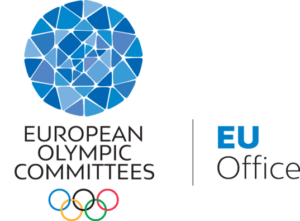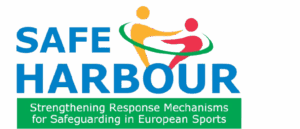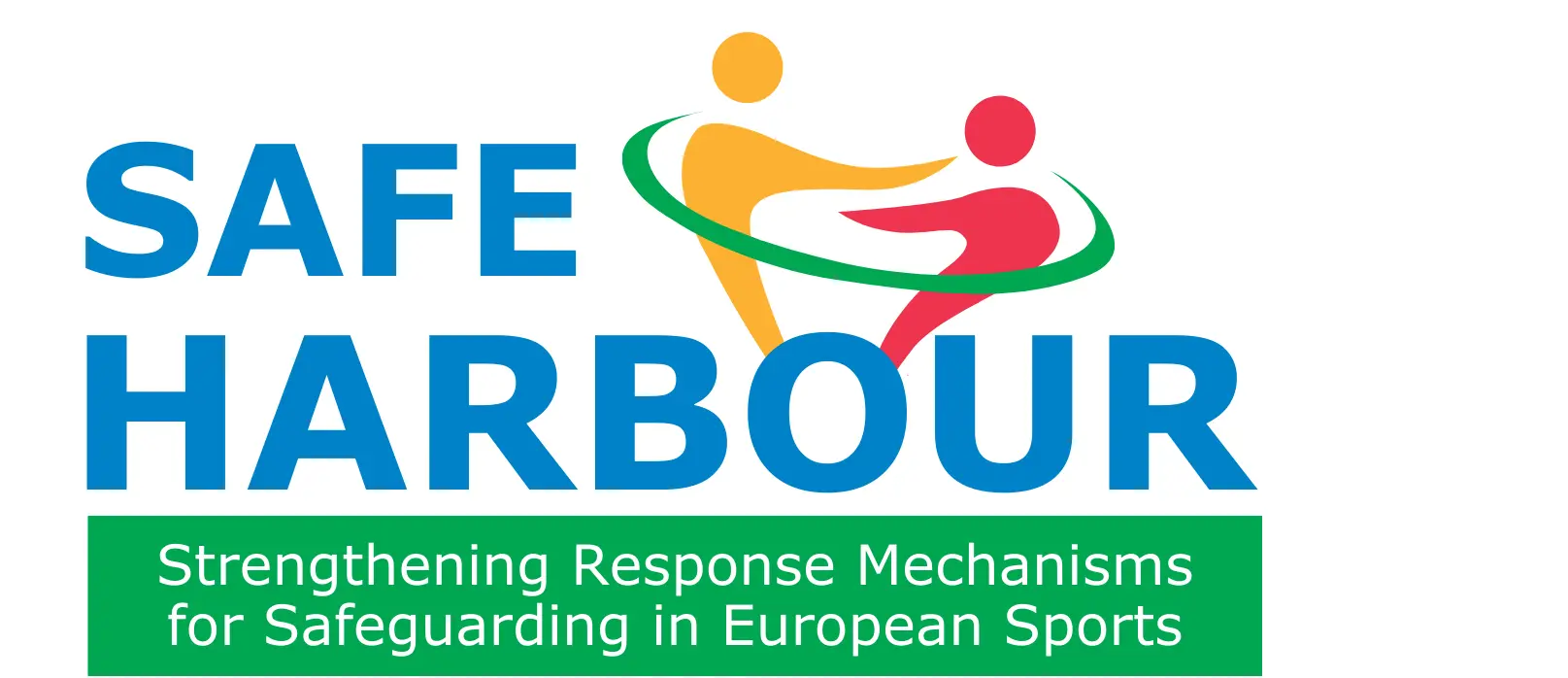The European Olympic Committees EU Office (EOC EU Office) is pleased to coordinate the new Erasmus+ Project named “Strengthening Response Mechanism for Safeguarding in European Sports” (SAFE HARBOUR). As the project coordinator, the EOC EU Office will oversee the efforts of 27 partners working together to strengthen safeguarding responses across European sport, ensuring a safer environment for all.
About the EOC EU Office

The EOC EU Office serves as the representation of the European Olympic Committees (EOC) to the European institutions. It also advocates for the interests of the International Olympic Committee (IOC) and other major sport organisations at national, European, and international levels. The Office specialises in identifying and analysing EU policies relevant to sport, supporting its partners with EU funding opportunities, promoting their interests at the EU level, and managing sport-related EU projects. It covers policy areas such as integrity, governance, financing, and the societal role of sport, including gender equality, health, and inclusion.
The work of the EOC EU Office on safeguarding in sports to date
In 2023, the EOC EU Office organised a webinar for its partners and European National Olympic Committees (NOCs) to raise awareness on safeguarding sports; accordingly, the major challenges and opportunities for organised sports to encourage safeguarding principles in sports in Europe. After which, in 2024 the EOC EU Office and EOC GEDI Commission held their first joint event, the Female Health and Safeguarding in Sport Workshop organised in Brussels (Belgium) in March 2024. This reflects a joint effort of the EOC EU Office, EOC, EOC GEDI Commission and IOC to enhance understanding of safeguarding principles and obligations. As a direct legacy of these activities, an informal network was established to continue sharing best practices and support across European NOCs.
In this context, SAFE HARBOUR is going to give partner NOCs and Federations the confidence and ability to implement safeguarding measures effectively, building a support network for Safeguarding Officers and laying the foundation for a future IOC Regional Safeguarding Hub.
The role of the EOC EU Office within the SAFE HARBOUR project
Within the SAFE HARBOUR Project, the EOC EU Office is tasked with ensuring structured coordination and implementation through transparent management practices. Its responsibilities include monitoring day-to-day tasks, facilitating communication among partners, overseeing administrative and financial matters, and ensuring compliance with Erasmus+ guidelines. Additionally, the Office will coordinate thematic seminars, peer-to-peer discussions, and training sessions to develop and implement safeguarding strategies. It also plays a pivotal role in drafting key deliverables, such as the European Response framework, and establishing the European Network for Safe Sport (ENSS).
Background information on the SAFE HARBOUR project
The SAFE HARBOUR project, short for “Strengthening Response Mechanisms for Safeguarding in European Sport”, is a 30-month project co-funded by the European Union through the Erasmus+ Sport Programme 2024. Coordinated by the EOC EU Office, the consortium includes Thomas More and Asser Institute as experts on safeguarding, human rights and law, 2 International Federations (International Biathlon Union and International Ice Hockey Federations), and 20 National Olympic Committees (Belgium, Bosnia and Herzegovina, Croatia, Cyprus, Czechia, Denmark, Germany, Hungary, Kosovo, Latvia, Lithuania, Luxembourg, Malta, Montenegro, Norway, Poland, Portugal, Romania, Slovakia and Slovenia). Additionally, the International Olympic Committee (IOC) is involved as an outside resource.
The project seeks to strengthen the capacity of European NOCs and Federations to address safeguarding concerns by identifying gaps, developing a European Response framework, and fostering collaboration. This framework will be adapted to national contexts, complemented by training and awareness initiatives to enhance safeguarding measures at both national and European levels. Therefore, SAFE HARBOUR aims to equip partner NOCs and Federations with the tools and confidence to implement effective safeguarding measures while establishing a robust support network for Safeguarding Officers and laying the groundwork for a future IOC Regional Safeguarding Hub.

![]()

